Justice delayed for women in Japan
This summer, a Osaka superintendent for community safety in charge of investigating sex crimes against children was arrested on suspicion of the crime he was to probe.
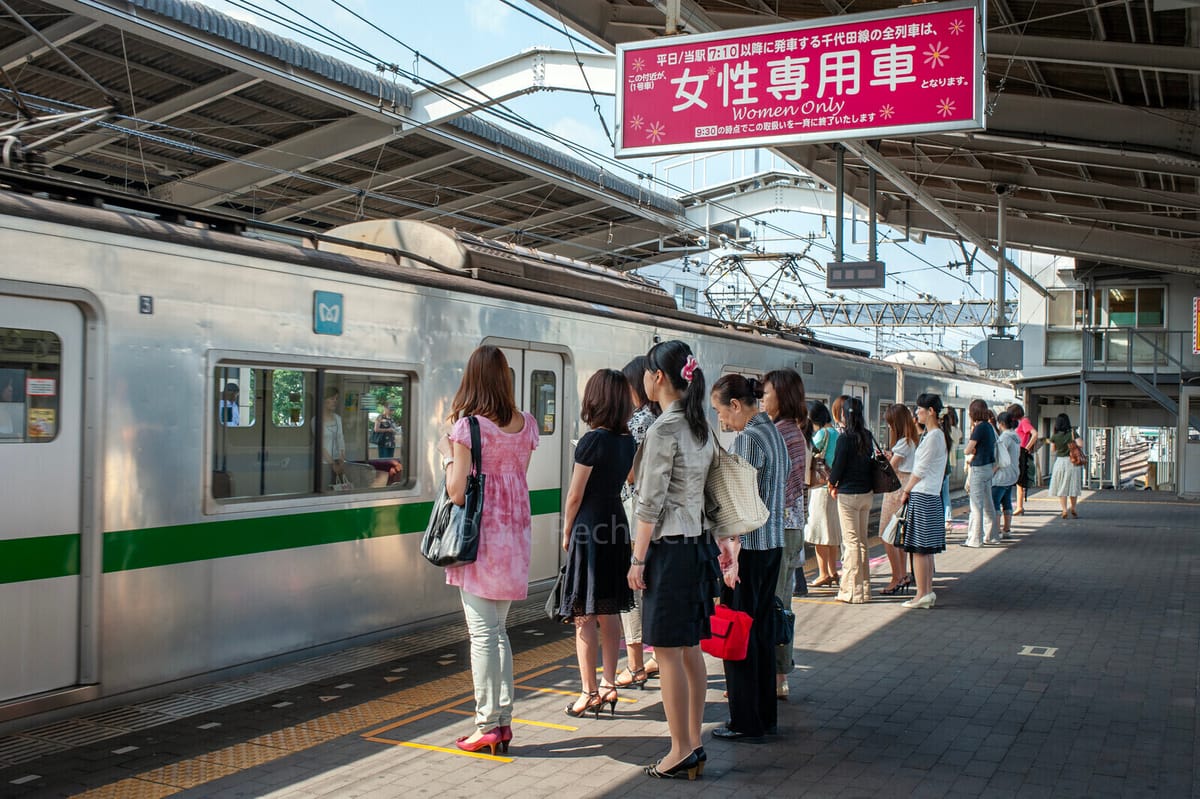
This summer, a public investigator charged with investigating sex crimes against children was arrested on suspicion of the crime he was to probe. At the end of August, the 53-year-old superintendent for community safety allegedly molested a teenager in a hotel room in Osaka Prefecture he met through a sugar-daddy meeting site, known for Papa-katsu.
We have been here before. In September 2018, the chief prosecutor at Osaka District Prosecutor’s Office, Kentaro Kitagawa, raped a woman after a party celebrating his promotion. The woman, herself a prosecutor, went public and in October 2024 she filed a criminal lawsuit against him. At his first hearing, Kitagawa said he would not contest the charges.
Within two months, he reversed his testimony claiming that there was consent.
In the six years between those events, the woman was subject to what she called “secondary rape.” Emails exchanged in the prosecutor’s office, where both worked, claimed she had romantic feelings for Kitagawa. He allegedly sent her a warning that going public would create a major scandal and paralyze the office, adding that he would have no choice but to kill himself.
Thus, a man responsible for bringing sex offenders to justice ended up committing a sex crime himself against a female colleague, then tried to gag her not to report it. And instead of protecting the woman’s health, safety and privacy, the institution they ran did the opposite.
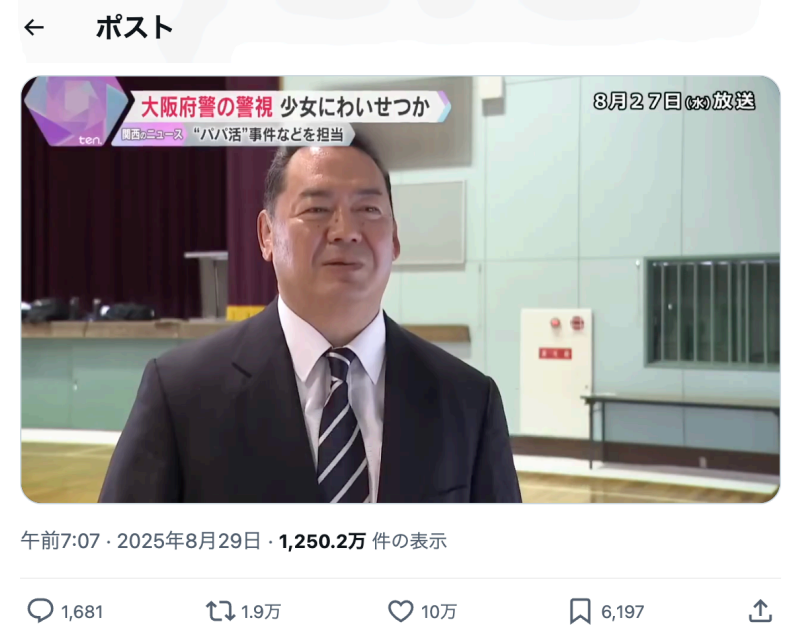
Me Too
In 2018, the MeToo movement prompted women (and men) to finally report sexual abuse and to seek justice. A major landmark came a year later when the Tokyo District Court ruled in favor of freelance reporter Shiori Ito in a civil lawsuit against her rapist, a prominent television journalist and biographer of Prime Minister Shinzo Abe.
But the situation remains dire in Japan. Sexual violence and the accusations thereof never seem to cease. Considering that it takes an average of six to seven years for victims of abuse to realize they have suffered abuse, according to the survivors’ group Spring, many of these reports are years or decades old.
The survey conducted in 2020 by Spring showed it also took 10 to 16 years for victims to consult counselors or support groups about the abuse, and seven to nine years before they report the case to the police, averaging nearly 6,000 responses.
Among the deluge of sex offenses, officialdom occasionally finds itself defending its own members, as in Osaka.
In 2021, Japan’s military got caught up in an abuse scandal, when private Rina Gonoi filed a claim against five of her colleagues for sexual assault. The Self-Defense Forces (SDF) had ignored her demand to pursue an internal investigation as “the men tried to cover up for one another” and no one else came forward, she said at a press conference.
Eventually public opinion forced the SDF to investigate, and the three men were found guilty of forcible indecency. Gonoi reached a settlement and won an official apology from Japan’s defense minister.
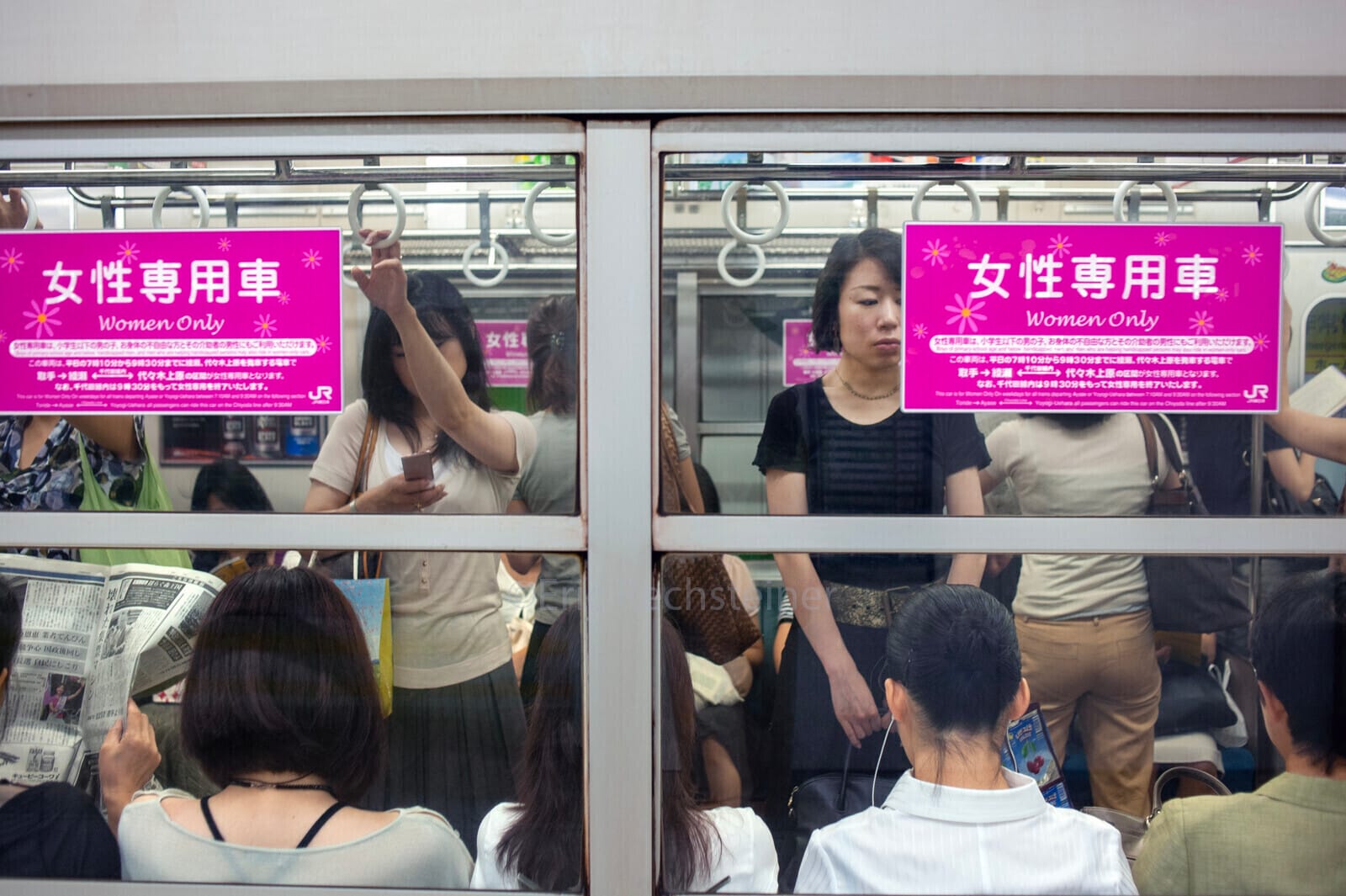
Constitutional rights
At times, such cases appear to violate the constitutional right to freedom of press, to say nothing of infringing on the human rights of members of the press corps.
Officials faced yet another lawsuit in 2023 in a claim of sexual assault by a reporter against an aide to the former Saitama Prefectural governor and incumbent parliamentarian. The aide escaped criminal charges by killing himself as the police were about to send papers. The reporter filed a civil suit instead demanding the state take responsibility for an offense committed by the civil servant.
The state—the defendant in this case—consistently fell back on misconceptions and myths about rape by for example claiming that the aide and the reporter had met privately rather than being on official duty, and that the reporter failed to prove she had resisted the man’s advances with all her strength.
Justice served the plaintiff this time, and the Tokyo District Court ruled on April 2025, that the aide had abused his power and official capacity to commit the sexual offense.
This is similar to a case heard by the Nagasaki District Court, where Nagasaki City was ordered to pay nearly 20 million yen to compensate for damages the late high-ranking city official inflicted on a female reporter in 2007. The official hanged himself shortly after the investigation was launched on suspicion of rape during the interview.
Mami Nakano, a lawyer for both the Saitama and Nagasaki plaintiffs, has pointed to the threat to democracy in both cases, given that they involved state officials disrespecting and violating constitutional rights they pledged to uphold. Infringing the right to one’s own physical freedom, the two late officials who were important news sources abused their power to control the press by offering information of public interest as a bargaining tool.
Sexual abuse and the Mass Media
Japan’s mass media, which could be useful in exposing abusive behavior, has itself repeatedly been caught breaching ethical codes.
A recent scandal involving one of Japan’s main broadcasters revealed how it routinely assigned its female announcers to host wine-and-dine soirees for important sponsors and business partners.
In a 400-page report by an outside commission that investigated the case, a Fuji TV director was accused of arranging for a female announcer to dine with Masahiro Nakai, former member of the boy idol group SMAP, at his condo. The report explains that Nakai paid her the settlement after allegedly sexually abusing her.
The commission concluded that the violence occurred on duty and that it was due to the lack of corporate governance at Fuji TV.
This follows widespread allegations of sexual violence by one of the nation’s most successful comedians, Hitoshi Matsumoto, all illustrating how women are considered commodities deserving little respect in a strongly patriarchal culture. Some critics have even traced this back to the traditional culture of offering women as a tribute to the more powerful members of society.
Not surprisingly, Japan remains the lowest ranked among the G7 countries in the gender equality index, which is annually updated by the World Economic Forum. Women constitute around 15% of Japanese business leadership and politics. Labor participation and the income gap between male and female workers remains almost unchanged for years.
This year marks 40th anniversary of the Equal Employment Opportunity Law (EEOL), but many women continue to experience a predatory work and social environment.
Although the law was amended in 2006 to hold employers accountable for measures to prevent sexual harassment, it has not become standard practice even today.
Looking at the high rate with one in 14 women who have been forced to have sex, Machiko Osawa, professor emeritus of Japan Women’s University, points to “a scourge symptomatic of patriarchal attitudes, values and practices that put many at risk of abuse” in her Japan Times article.
Media and entertainment are also areas where this culture is prevalent but largely ignored as the privileged, otherwise known as “old boys club,” try to secure their vested interest.
Lack of critical mass
In order for women and other minorities to penetrate through the thick overhang of powerful men, they need to secure the critical mass of 30% of any group of people, gender equality experts say, based on UN data. Others say that an increase in women’s participation especially in leadership positions leads to less gender-based violence and discrimination at workplaces.
The efforts are there to send more women into politics and to introduce gender parity. However, even the smallest bud of critical mass often gets snipped.
Women who pioneered into a new field — be it in a higher position or rank and file — say they are often met with resistance from male colleagues or bosses, in politics, business or military. Many female candidates or politicians have also reported harassment from voters and male colleagues.
“Being a lone woman entering an all-male workplace is like facing micro-aggression every day,” says one woman in her late 50s who have entered a professional career a few years after the EEOL was established. “They look at me as someone who doesn’t deserve the same respect. That’s how I feel.” It didn’t take long for her to succumb to pressure and harassment before her absence became more frequent due to mental distress. She was reassigned to a new post.
World Economic Forum says it will likely require 123 years for the world to be fair and equal if each state fails to accelerate the endeavor.
What Japan needs
In its 2023 report, the United Nations working group pointed to the urgent need for Japan to “fully dismantle structures of inequality and discrimination against at-risk communities including women, the disabled people, migrant workers and LGBTQI+ among others.”
Japan is one of two Group of Seven countries that has not ratified ILO conventions regarding harassment and a comprehensive discrimination ban, with the second being the United States.
Most importantly, Japan’s civil servants, namely members of the judiciary and legislators, need to increase awareness and train to “fulfill their respective obligations to protect, investigate, punish and redress business-related human rights abuses,” the report said.
Although some retort that ILO conventions are not legally binding or that ratifying such conventions will not immediately resolve the issues summarized here, it would still pave the way for Japan to establish and implement domestic laws and policies to protect the people who need them most.
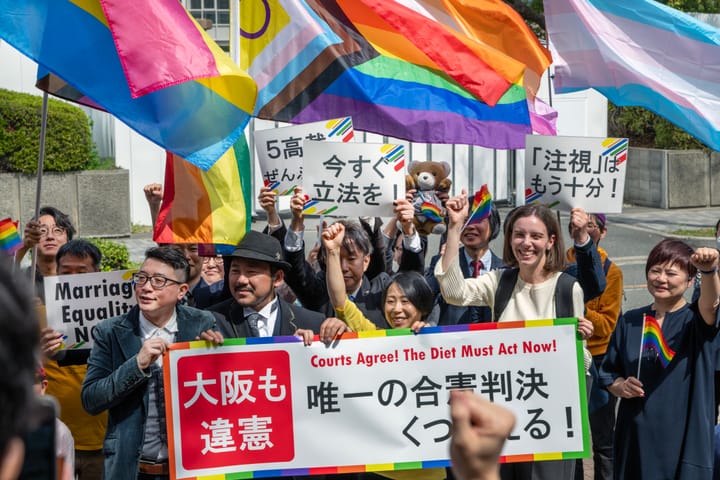
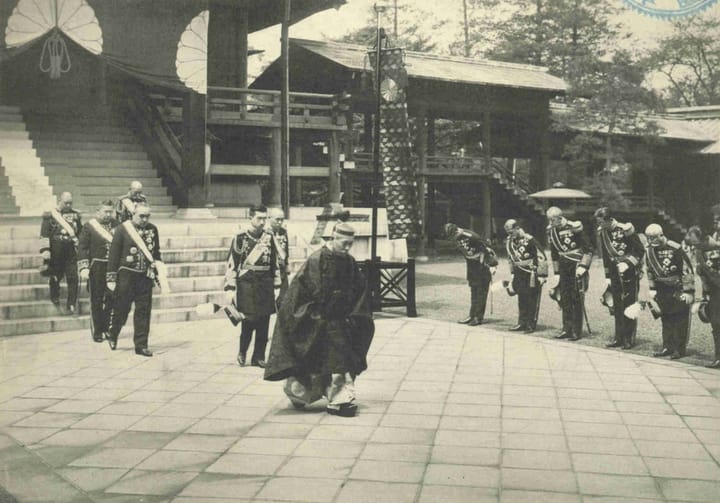
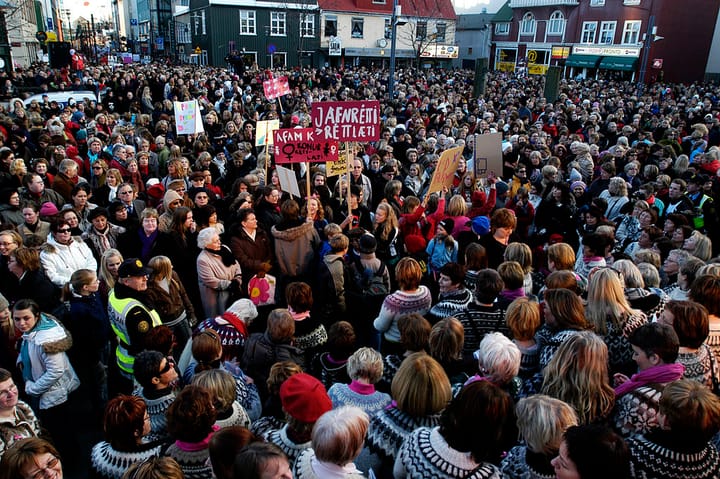
Comments ()